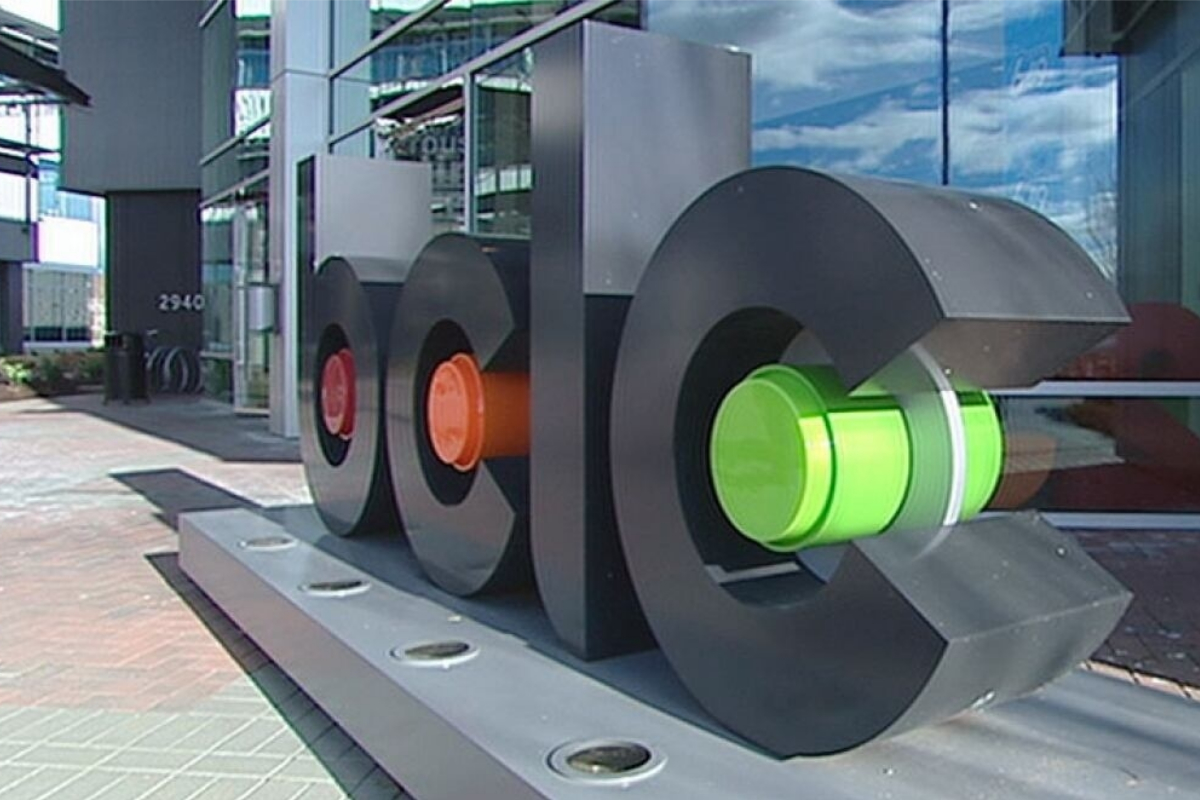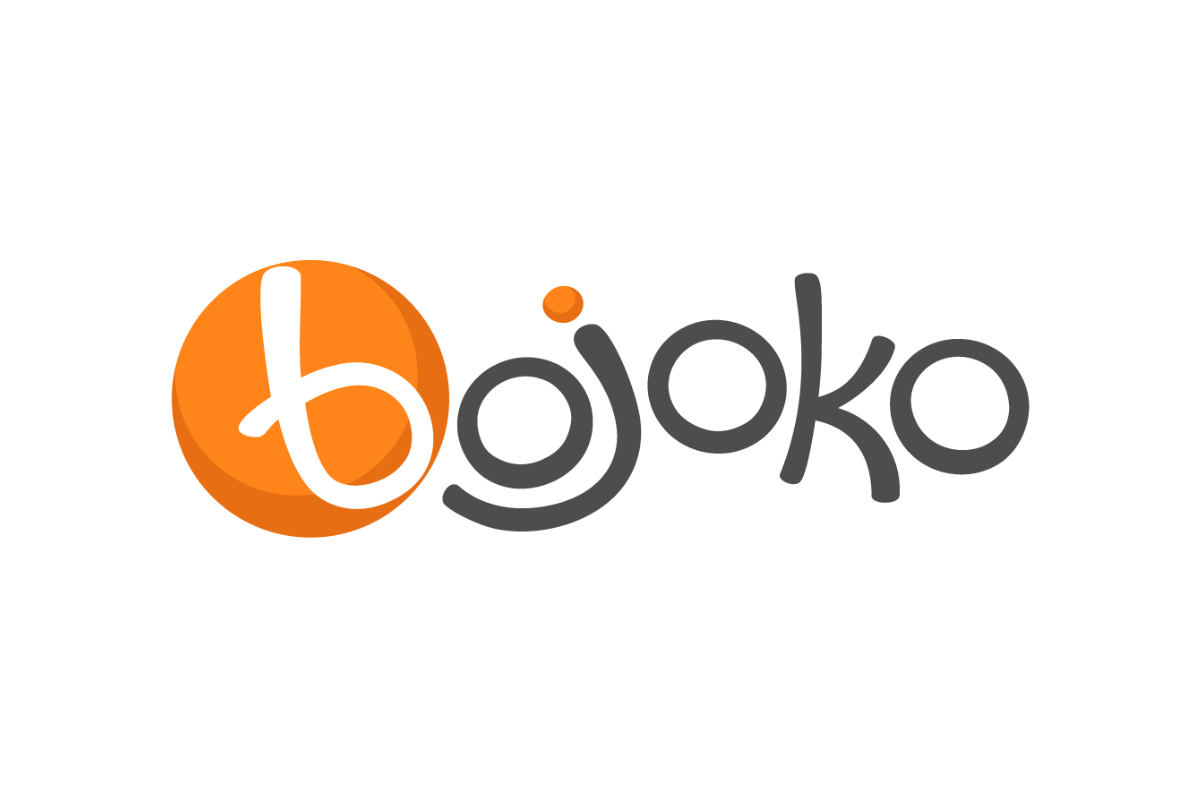
NJ Fines DraftKings $150,000 for Allowing Proxy Betting
New Jersey gambling regulators have fined DraftKings $150,000 for allowing a Florida man to make online sports bets from his home by having a friend who was present in New Jersey place the bets for him.
In an action made public last Wednesday, the New Jersey Division of Gambling Enforcement revealed it has reached a settlement with Boston-based DraftKings concerning the so-called proxy betting incidents that are forbidden under state regulations.
DraftKings also agreed to a series of corrective actions, including voiding 21 bets the Florida man had made that were still pending, closing his account for proxy betting, and better training its employees to recognize and prevent such activity.
“We strive to continuously improve our systems to detect violations of our terms of use. In this instance, our systems failed to detect the violation of our terms of use. We have taken corrective action to address that,” DraftKings said in a statement.
The company declined to comment further and would not make company officials available for interviews.











